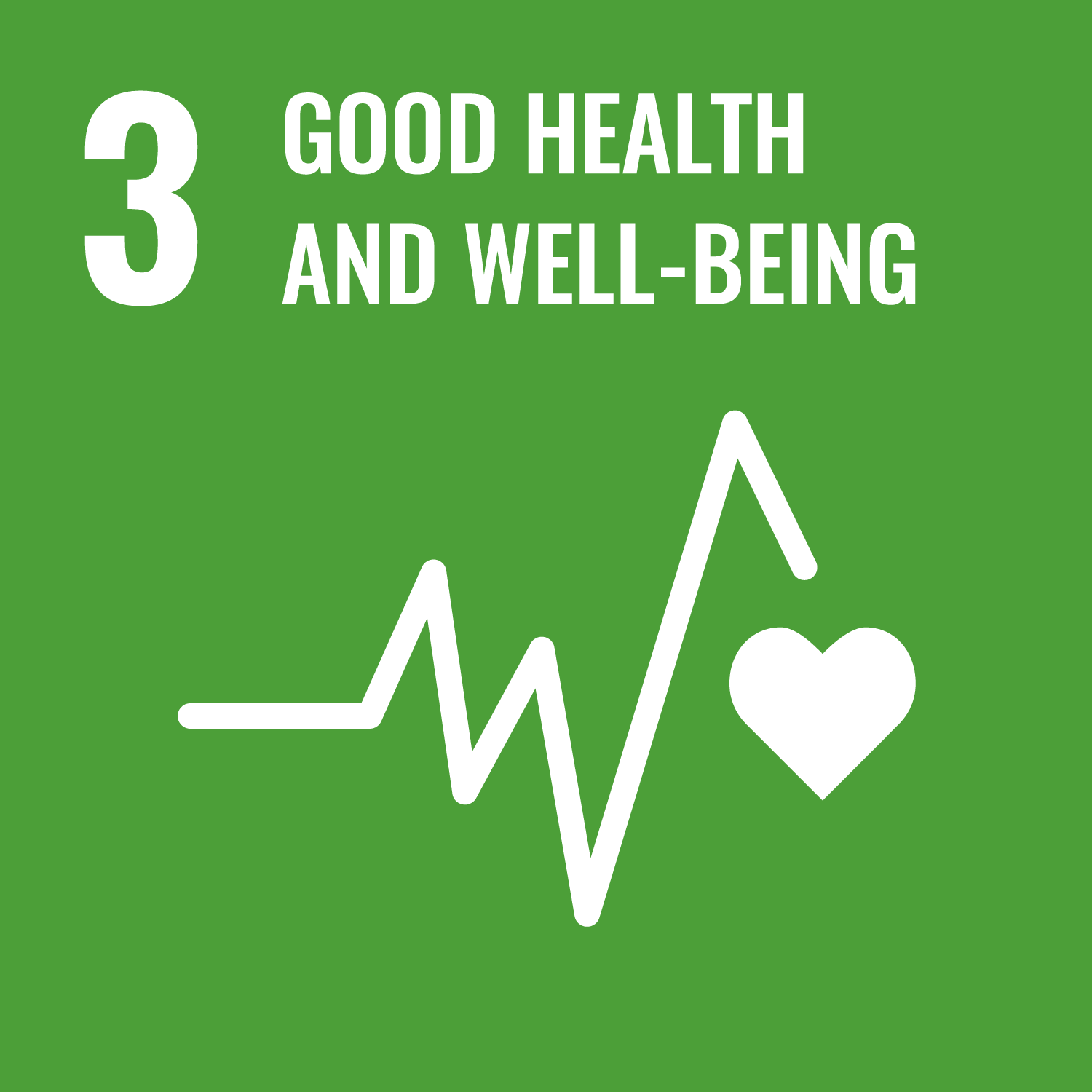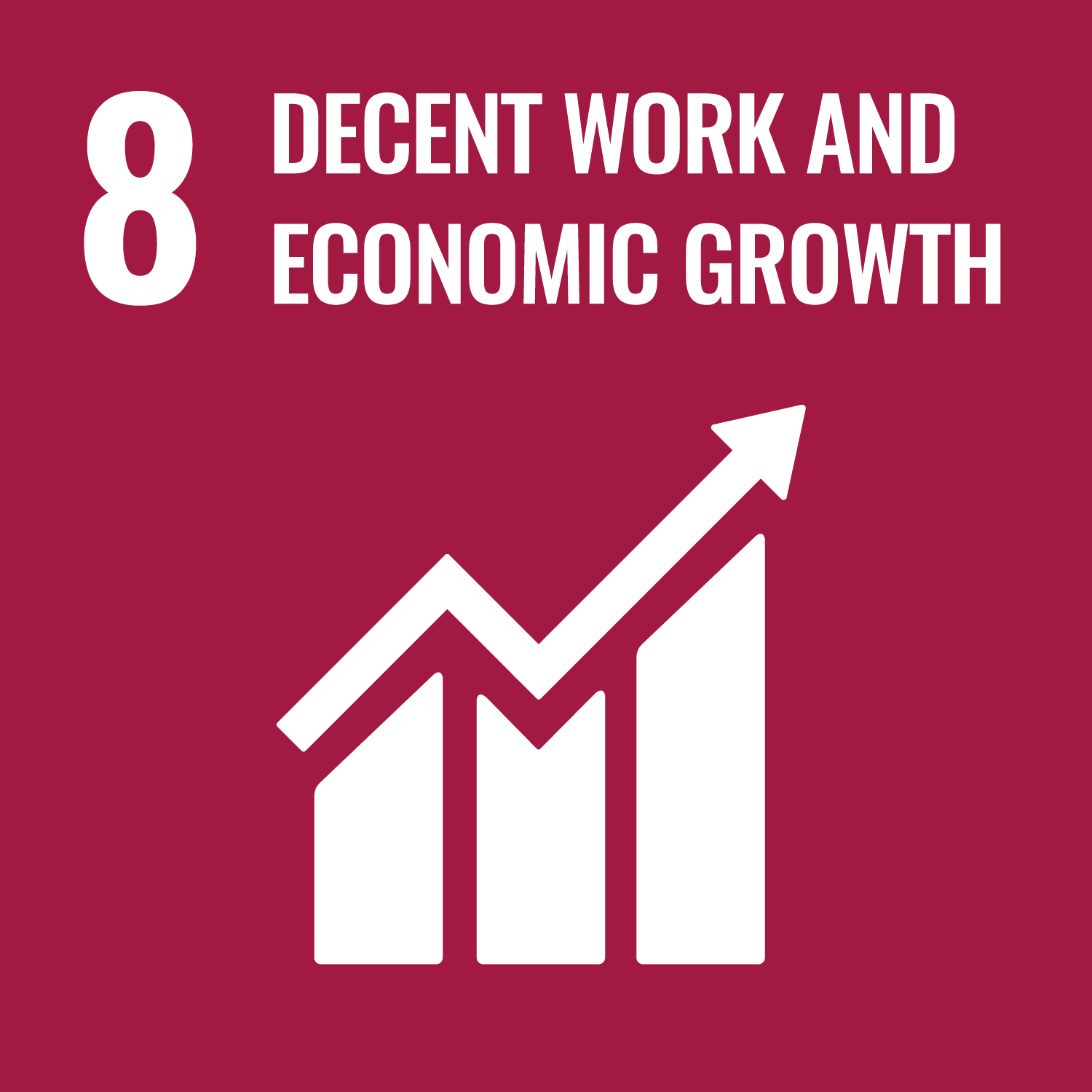This briefing paper was written in collaboration between Global Network for Sex Work Projects and MPACT Global Action for Gay Men’s Health and Rights, based on in-depth research in ten countries on the experiences of lesbian, gay, bisexual and trans-feminine and trans-masculine sex-workers. A total of 87 sex-workers from Australia, Austria, Botswana, Cameroon, Indonesia, Jamaica, Pakistan, Peru, Ukraine and the USA, contributed to the in-depth research that comprises this paper. They include both documented and undocumented migrants, those living with HIV, and people from rural and urban settings; the majority age range is 18-50.
The paper provides an overview of the findings of the impact of the varied levels of criminalisation of sex-work and/or LGBT communities in the countries, compounded by double discrimination due to the social stigmas surrounding sex-worker and LGBT identities. These findings are broken down in sections beginning with (a) Criminalisation of sex work and LGBT communities; then (b) Policing of LGBT sex workers; (c) Access to healthcare; (d) Vulnerability to Violence; (e) Social, cultural political and religious barriers that impact LGBT sex workers; (f) Discrimination from within communities; (g) LGBT migrant sex workers; (h) Allies and Safety; and (i) Potential alliances for development.
The briefing ends with a list of recommendations for national governments and policy makers, NGOs, donors, and religious and cultural leaders, to address the the double marginalisation these communities face based on the intersection of sex work and their LGBT identities.









